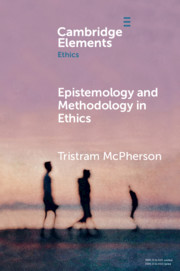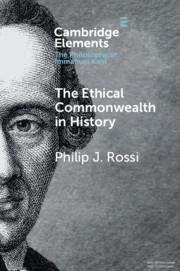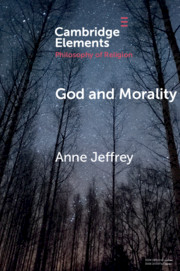In this essay, I argue against the bright-line distinction between ideal andnonideal normative political theory, a distinction used to distinguish“stages” of theorizing such that ideal politicalprinciples can be deduced and examined before compromises with the flawedpolitical world are made. The distinction took on its familiar form in Rawls andhas enjoyed a resurgence of interest in the past few years. I argue that theidea of a categorical distinction — the kind that could allow for asequencing of stages of theorizing — is misconceived, because wholly“ideal” normative political theory is a conceptualmistake, the equivalent of taking the simplifying models of introductory physics(“frictionless movement in a vacuum”) and trying todevelop an ideal theory of aerodynamics. Political organization and justice areabout moral friction in the first instance. I examine both logical andepistemological arguments for the position that we need the uniquely idealizingassumptions of ideal theory in order to arrive at, or to know, a genuine theoryof justice or political morality; and I find them wanting. Such assumptions asfull compliance, consensus, and the publicity principle of universal knowledgeabout consensus can sometimes be useful, if used carefully and withjustification; but they are not categorically different from other idealizingand abstracting assumptions in generating normative theory. What is referred toas “nonideal” theory is all that there is, and it is manykinds of theory, not one — the many ways in which we learn aboutjustice and injustice, and seek to answer questions of practical reason aboutwhat ought to be done in our political world.


